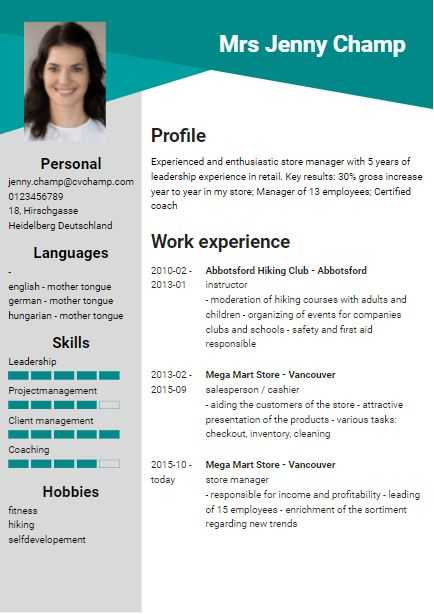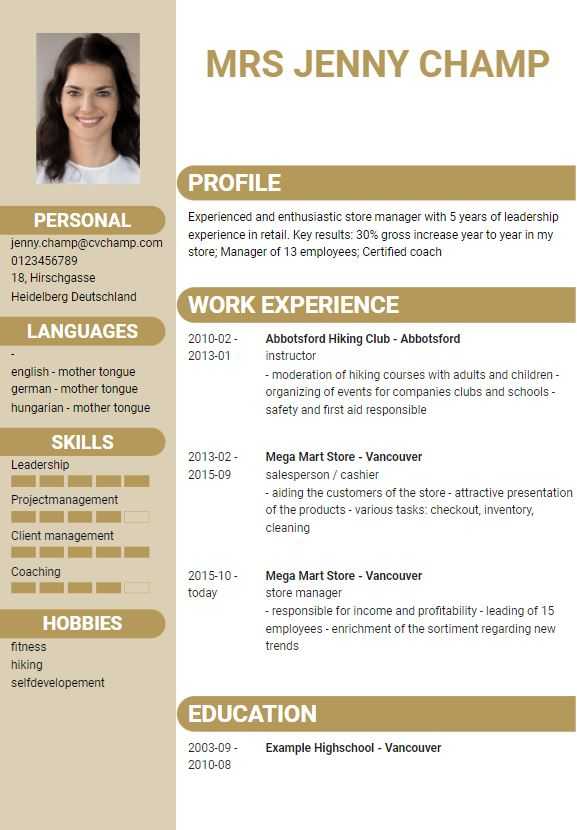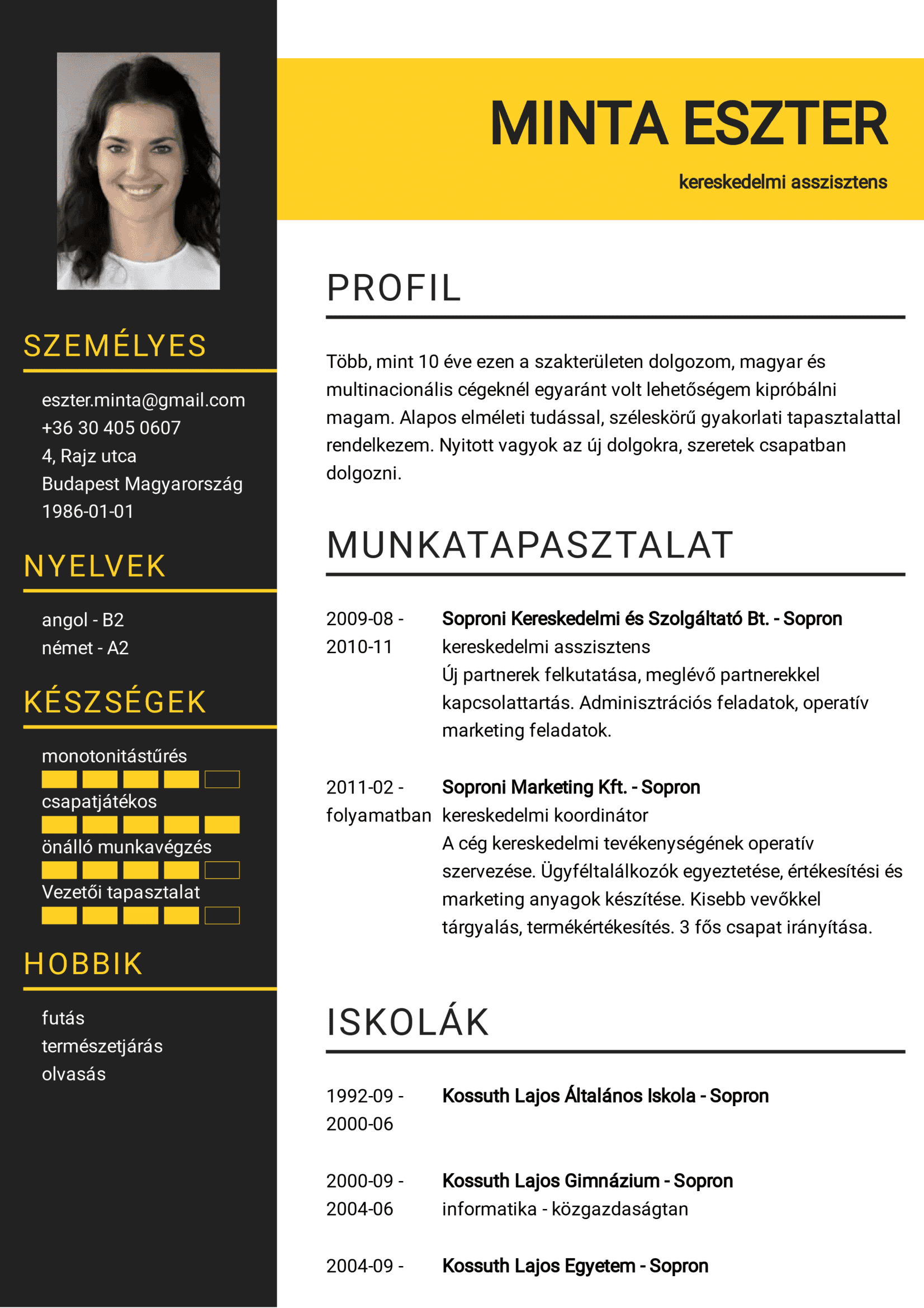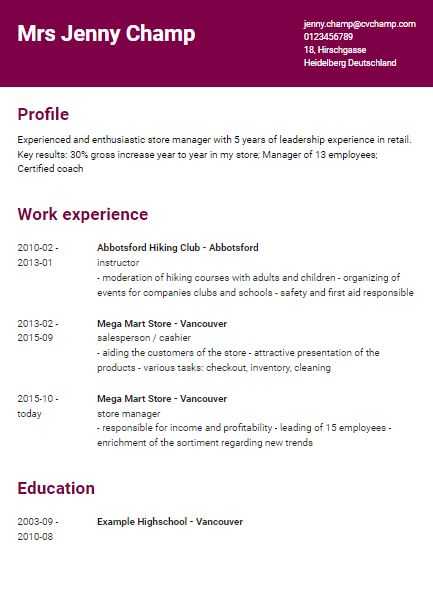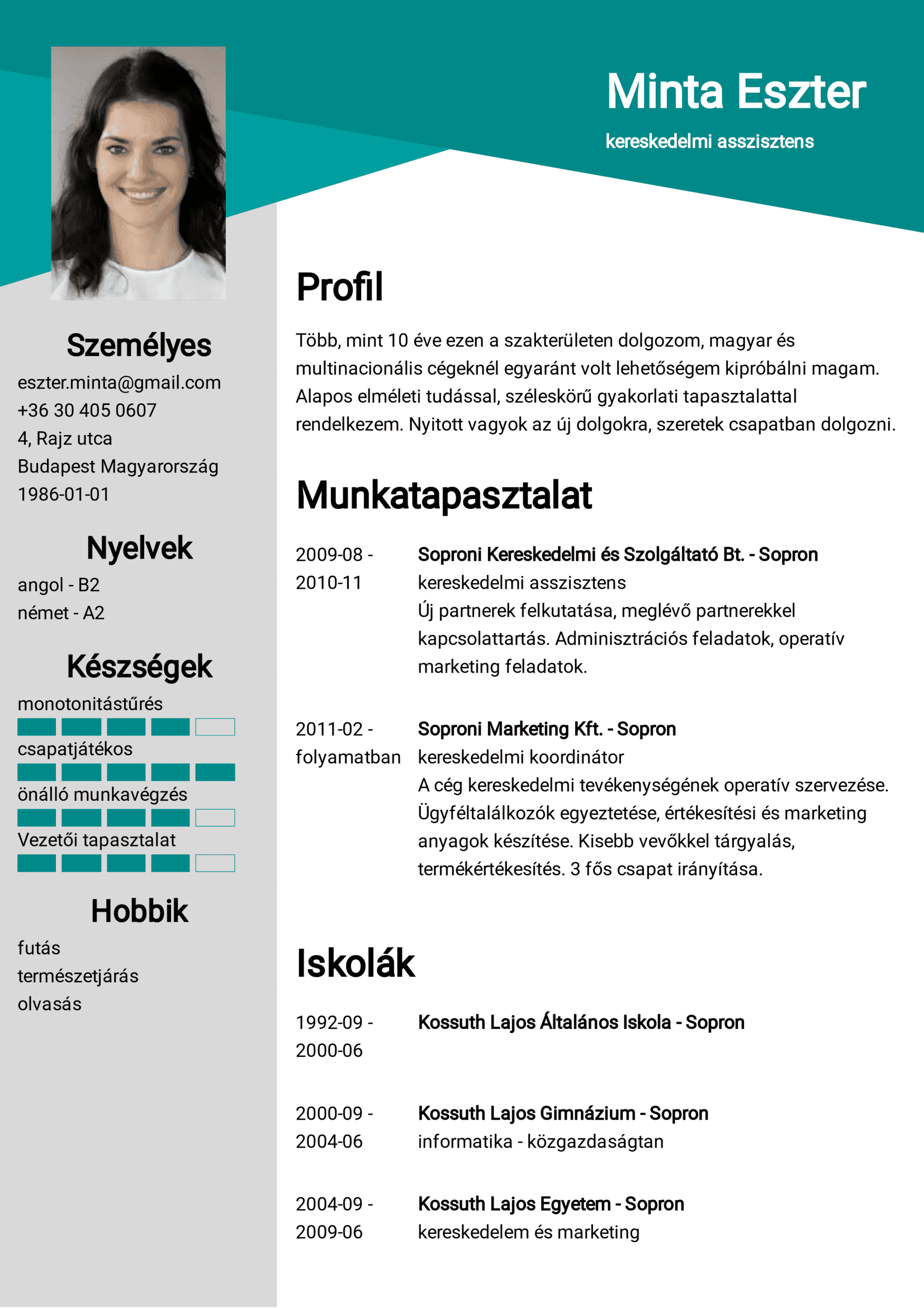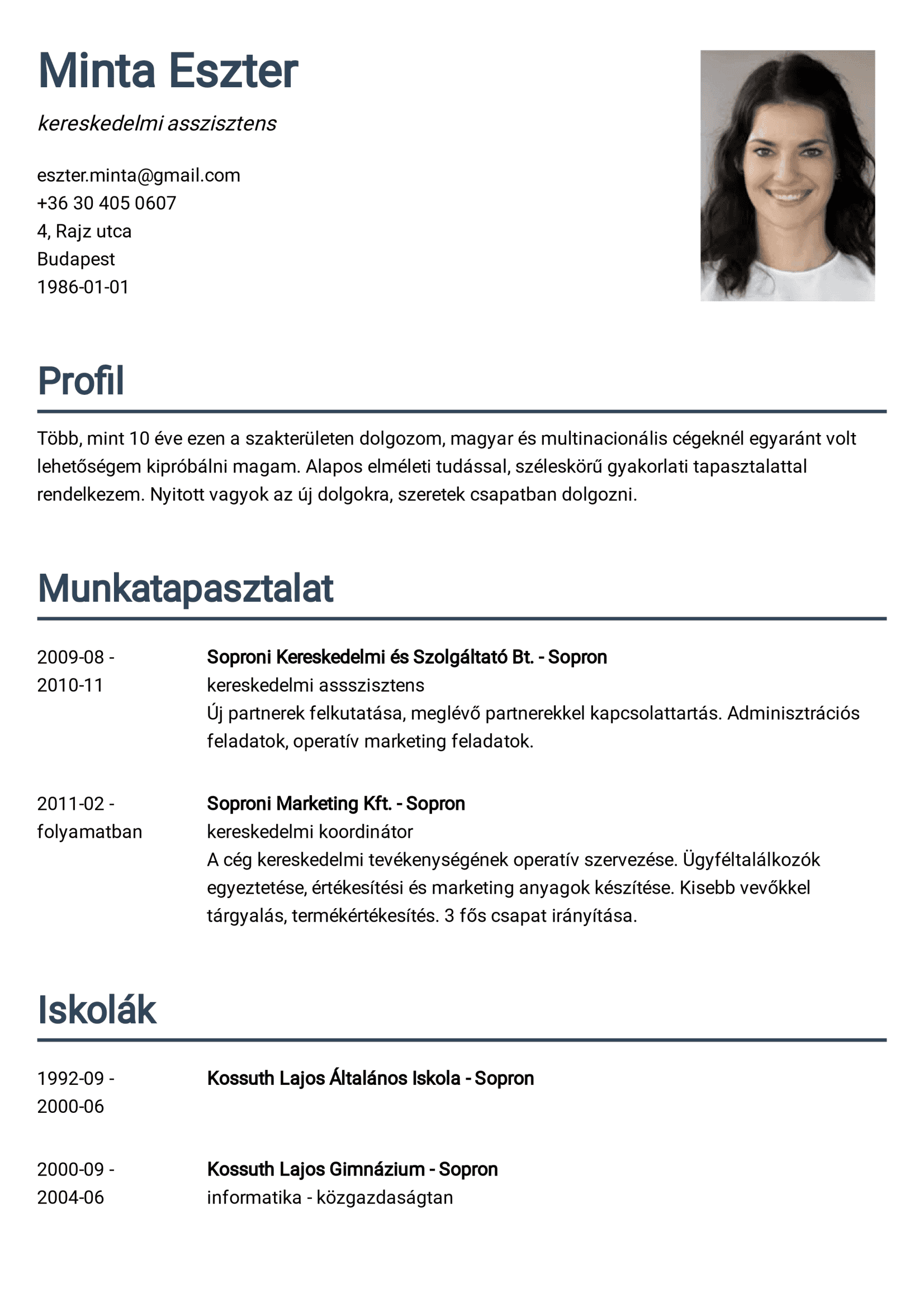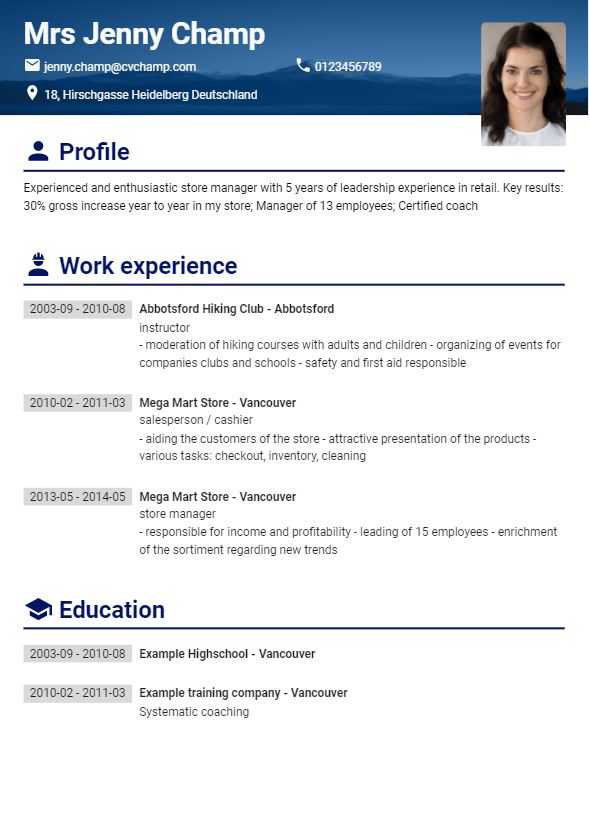

Career Gaps in Resumes - Positive Reframing
Let's be honest: career gaps are way more common than most think. You know, those little (or sometimes not-so-little) breaks in our professional lives? They happen to almost everyone at some point, and guess what? That's totally okay. Whether it's because we need to care for a family member, deal with a health issue, go back to school, or maybe need some time to figure things out – these gaps are a part of our career journey, not a detour from it.
Here's the cool part: these gaps in our resumes don't have to be something we sweep under the rug. Nope. Instead, they can be an opportunity to show off how adaptable, resilient, and self-aware we are. Think about it – every experience somehow shapes us, including the time away from work. It's all about how we frame these experiences.
So, as we dive into the nitty-gritty of navigating career gaps in resumes, let's start with a shift in perspective. Let's look at these breaks not as empty spaces in our work history but as unique chapters in our story that add depth, character, and even a bit of intrigue. Ready to turn what might seem like a resume 'oops' into an 'a-ha' moment? Let's get started! 🚀
The Reality of Career Gaps: Why They Happen
Career gaps are like detours on a road trip – unexpected but often leading to exciting new paths. They're not as rare as you might think. In fact, at some point, many of us will face a period away from work. But why do these breaks happen? There are countless reasons, each as unique as the person experiencing them.
Understanding Different Types of Career Gaps
First up, let's talk about the various reasons behind these gaps. Family is a big one. Maybe you took time off to raise kids or care for a loved one. Health is another major factor; sometimes, our bodies tell us we need a break, and it's crucial to listen. Then there's education – returning to school to level up your skills or change career paths entirely. And don't forget about personal growth, which can include traveling the world, pursuing a passion project, or simply taking a sabbatical to recharge your batteries. These reasons add a chapter to your story, showing resilience, commitment, or a thirst for knowledge and experience.

Breaking the Stigma: It's More Common Than You Think
Now, let's bust a myth: career gaps are not career-enders. In fact, they're way more common than you might think. Did you know that a significant percentage of the workforce will take a career break at some point? That's right, and it's not just for parental leave. People step away for various reasons, from health issues to pursuing a dream.
And here's something interesting – many successful people have gaps in their resumes. They're not just getting by; they're thriving! These gaps didn't stop them; they won't stop you either. It's all about how you frame and leverage these experiences in your career narrative. Remember, it's not just about the time away; it's about what you did with it and what you learned. Every gap has a story, and these unique stories often make you stand out to potential employers.
The Art of Positive Framing: A New Perspective on Career Gaps
Reframing Career Gaps: Opportunities, Not Setbacks
Sometimes, you must stop, catch your breath, and appreciate the view when climbing a mountain. Career gaps are like these rest stops. They're a chance to grow, learn new skills, or gain a fresh perspective. Instead of viewing them as empty spaces, think of them as chapters in your story where you were doing something different – maybe challenging but ultimately enriching. Whether volunteering, traveling, studying, or just recalibrating, you gained experiences and skills that can add depth to your professional profile.
Storytelling Techniques: Crafting Your Narrative
Now, how do you turn these experiences into a compelling part of your career narrative? Storytelling is key. A good story has a beginning, middle, and end – and so does your career gap. Begin by setting the scene: Why did you take this break? Then, dive into the heart of your story: What did you do during this time? Did you learn new skills, volunteer, or overcome a personal challenge?

Remember, the best stories are the ones that show transformation. Maybe you learned patience or resilience or gained a new perspective on what you want from your career. These are not just idle times but personal and professional growth periods.
When you're incorporating this narrative, keep it relevant. If you took a course, explain how it adds to your skill set. If you travel, talk about the cultural insights you gained and how they can apply to your work. If it was for health or family reasons, focus on the soft skills you developed, like empathy or time management.
The trick is to make your reader – in this case, a potential employer – see this gap not as a void but as a period rich with experiences that have prepared you even better for the job you're aiming for. It's about changing the narrative from 'I wasn't working' to 'I was preparing for my next big step.' And who knows, these unique experiences might just set you apart from the rest!
Tailoring Your Resume to Highlight the Positives
When it comes to designing your resume, especially with a career gap, it's all about putting your best foot forward. You've got to show potential employers that, despite a break, you're still the perfect candidate for the job. But how do you do that? Well, it starts with picking the right format for your resume.
Choosing the Right Resume Format
You've probably heard about chronological and functional resumes, right? The chronological format is straightforward and clear, like a work history timeline. It's great if your career has followed a traditional path. But let's be real: not everyone's work journey is a straight line. That's where the functional resume comes into play. It's like your personal highlight reel, focusing more on your skills and experiences rather than the exact dates of your employment. If you've taken a break for any reason, this format can be your best friend. It lets you showcase what you're great at without drawing too much attention to the periods when you weren't working.
Highlighting Learned Skills and Experiences
Now, about those skills and experiences you've gained during your career gap. Maybe you took an online course, volunteered, or even started a side hustle. All of these experiences have likely equipped you with new skills. It's important to shine a light on these in your resume. Did you improve your digital skills, learn about a new industry, or develop better communication skills while volunteering? These are all gold for your resume!
When you list these skills, be specific about how they relate to the job you're applying for. For example, if you learn digital marketing through a course and apply for a marketing role, clarify that connection. This shows employers that even when you were out of the traditional workforce, you were still growing and developing – which is a huge plus in their eyes.
Choosing the right resume format and highlighting your new skills and experiences can transform a potential red flag into a testament to your dedication and adaptability. Remember, it's all about how you frame it!
Addressing Career Gaps in Cover Letters and Interviews
The Cover Letter: Setting the Tone
Regarding cover letters, think of them as your personal cheerleader – they're there to pump up your resume and get the recruiter excited about meeting you. Addressing career gaps in your cover letter might feel like walking a tightrope, but it's all about balance. You don't need to write a novel about your gap; a brief mention can set the right tone.
Start by focusing on the positive aspects. Maybe you took a gap year to care for a family member, which enhanced your empathy and organizational skills. Or perhaps you went back to school, which shows your commitment to continuous learning. The trick is to spin it as a period of growth, not just a gap in employment. You could say something like, "During a brief break from the professional world, I honed my project management skills through volunteer work," or, "Returning to school for further education during my career gap period has significantly broadened my understanding of industry/field."
The goal here is to reassure the employer that your time off was well-spent and added value to your professional profile. Keep it short, sweet, and concise, letting your skills and experiences shine through.
Interview Strategies: Confidence in Your Story
Now, let's talk interviews. If you thought cover letters were tricky, interviews can seem downright daunting. But here's the thing – it's all about confidently owning your story. When the topic of your career gap comes up (and it probably will), keep your chin up and your response positive.
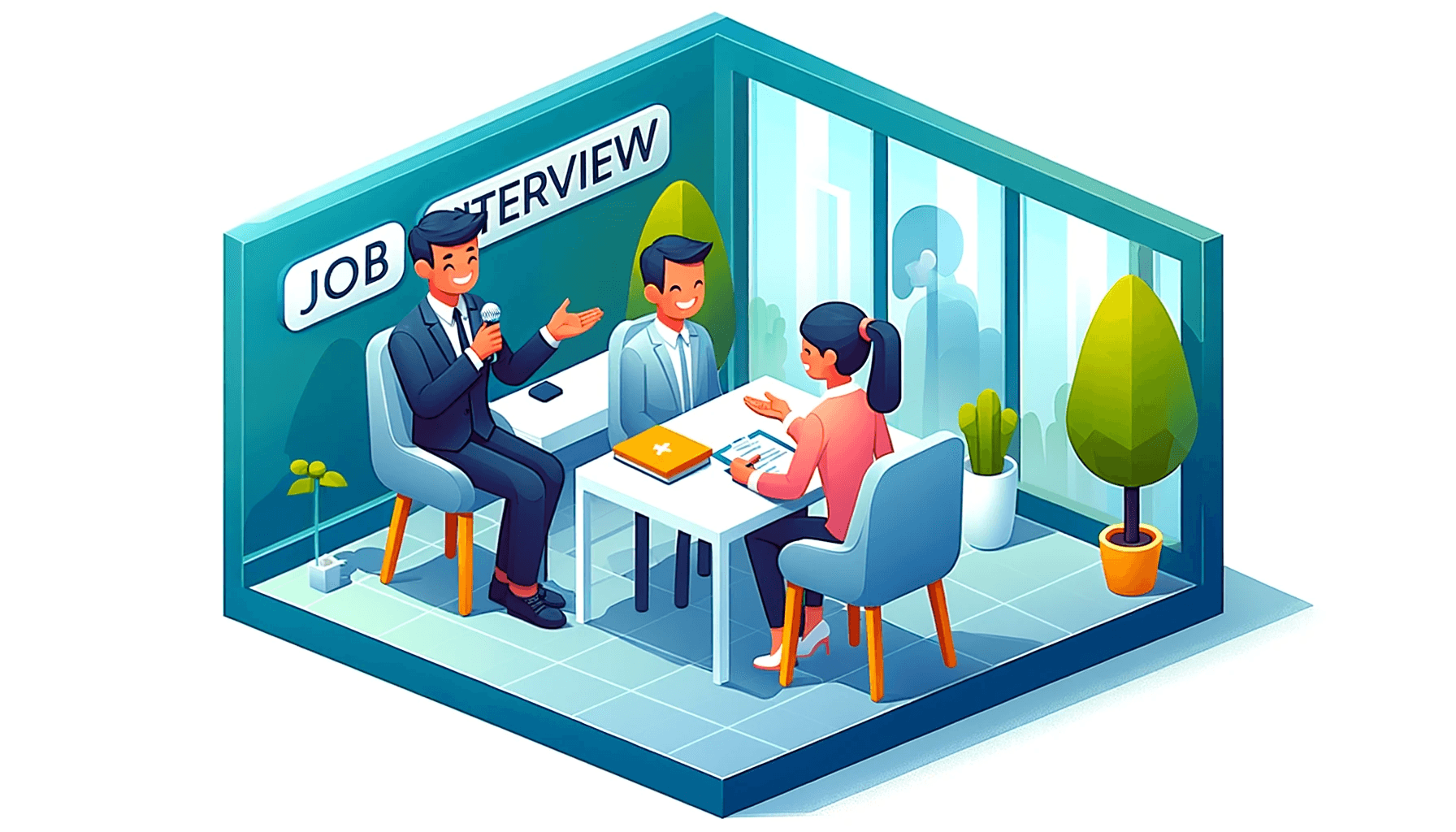
First off, remember you're not the first or last person to have a career gap. Approach the topic as a normal part of your career journey. Practice explaining the gap beforehand, focusing on what you learned or achieved during that time. Maybe you freelanced, took courses, volunteered, or developed a new hobby that improved your skills. These experiences can make great talking points demonstrating your proactive nature and resilience.
Be honest, but don't stay on the gap. Instead, redirect the conversation to how your experiences during the gap have prepared you for this new role. You could say, "While I took some time off for personal development, I gained valuable skills in [specific skill], which I believe will be particularly beneficial in this role."
The key is transitioning smoothly from discussing the gap to highlighting your enthusiasm and suitability for the job. Show them that, gap or no gap, you're the right person for the job. Remember, it's not just about what you say but how you say it – so keep it confident and positive!
Overcoming Common Challenges in Explaining Career Gaps
Navigating through the tricky terrain of career gaps can sometimes feel like walking a tightrope. You're trying to balance honesty with a positive spin, hoping the employer on the other side will understand. But hey, guess what? It's doable, and We're here to guide you through it!
Anticipating Employer Concerns
When an employer spots a gap in your resume, it's like a big flashing neon sign saying, "Hey, look here!" But don't panic. The key is to get into the employer's shoes – what might they be worried about? They could think: "Has this person lost touch with the industry?" or "Is there a lack of commitment?" Your job is to calmly and confidently address these worries without them even having to ask.
So, how do you do this? First, be upfront. If your gap was due to personal reasons, say it – but keep it brief and professional. No need for a long story. Then, pivot quickly to the positives. Maybe you learned new skills, volunteered, took a course, or just recharged your batteries during this time. Whatever it is, make it clear that this break has not diminished your passion or ability to excel in your career. It's all about painting a picture where your career gap is just a slight detour in a journey that's made you even more remarkable for the role.
Dealing with Long Gaps: Special Considerations
Okay, so what if your career gap is more like a chasm? We're talking a year or more here. This is where you get to flex your creative muscles. Long gaps can initially seem daunting, but they're also ripe with opportunities to showcase your resilience and growth.
Start by focusing on any productive activities you undertook during this period. Did you do freelance work? Engage in extensive self-study? Perhaps you were caring for a family member, which requires many transferable skills like time management, empathy, and multitasking. Be bold in highlighting these experiences.
And here's a little secret: personal projects or self-directed learning can be goldmines. They show self-motivation, curiosity, and a willingness to adapt – qualities that are music to employers' ears.
In the end, remember that everyone's career path has unique twists and turns. It's not the gap that defines you; it's how you bridge it. So confidently own your story, and turn those gaps into stepping stones towards your next big opportunity!
Conclusion: Turning Gaps into Gains
We uncovered some pretty enlightening stuff when we started this journey through the twists and turns of handling career gaps on resumes. The bottom line is career gaps aren't the resume red flags we often fear they are. Instead, they're opportunities waiting to be framed positively and leveraged to your advantage.
First off, remember the golden rule we discussed: it's all about the framing. Approach your career gaps not as setbacks but as unique chapters in your professional story that have contributed to your growth. Whether it was time off for family, health reasons, further education, or even a sabbatical to rediscover your passions, each gap has given you something valuable. Maybe it's resilience, new perspectives, additional skills, or a clearer vision of your career path – these are all gold dust for your resume and personal narrative.
One key takeaway is the importance of honesty blended with strategic presentation. You don't have to lay out every detail of your time away from the workforce, but a concise, positive spin on your experiences can work wonders. For example, if you took a break for further education, highlight the new skills and knowledge you gained. Or, if you took time off for family, emphasize the transferable skills you honed during that period – like time management, organization, or even crisis management (parents, you know what I'm talking about!).
And let's not forget how crucial it is to tailor your resume format. If you've got a few gaps, maybe a functional resume focusing on your skills and achievements rather than a chronological rundown of your work history would be your best bet.
Confidence is your best friend when it comes to cover letters and interviews. Own your story. Be prepared to briefly address the gaps in your cover letter, and then, in interviews, steer the conversation towards how your unique experiences have prepared you for the job you're applying for.
Lastly, for those with longer career gaps, remember it's all about context and continuity. Maybe you engaged in freelance projects took online courses or were involved in community work. These are all valuable experiences that can help bridge the gap.
So, there you have it. Career gaps don't have to be stumbling blocks; they can be stepping stones to your next big opportunity. Embrace your unique career path with confidence, and remember, every experience you've had is a valuable chapter in your story. Go out there and showcase your journey with pride – gaps and all!













